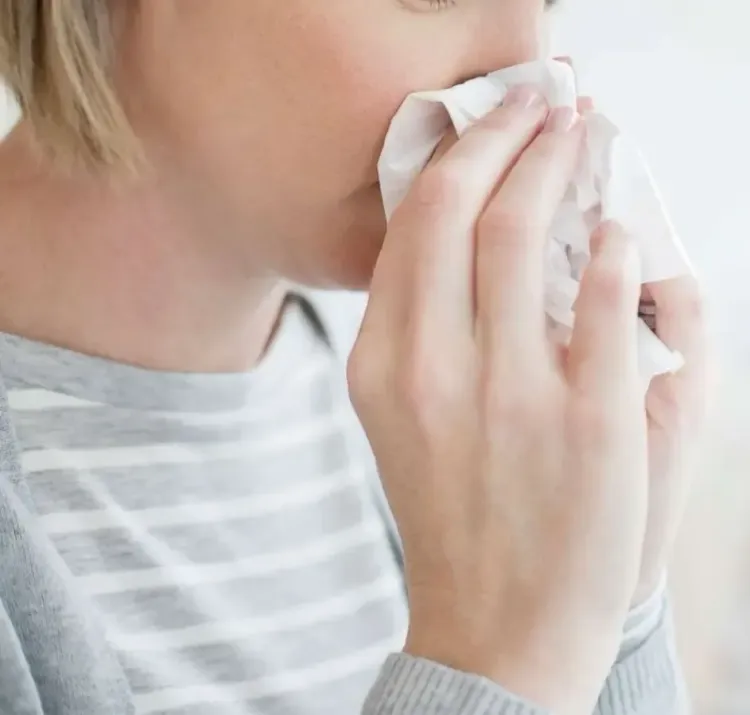Research Connects PM2.5 with Rates of SARS-CoV-2 Infection and Mortality

New Delhi, Dec 17 (NationPress) The swift transmission of Covid-19 is largely due to the high contagiousness of the SARS-CoV-2 virus; however, a recent study has identified a link between increased incidence and mortality rates and environmental influences, notably PM2.5.
Researchers from the National Yang Ming Chiao Tung University in Taiwan suggested that PM2.5 may play a role in both the transmission dynamics of SARS-CoV-2 and the resulting severity of the disease.
Numerous earlier studies have shown a relationship between the morbidity associated with Covid-19 and levels of air pollution. These studies have indicated that PM2.5 might act as an environmental carrier that aids in the spread of SARS-CoV-2.
The groundbreaking research, published in the Journal of Hazardous Materials, utilized mouse models to demonstrate that exposure to PM2.5 increased the protein levels of ACE2 – the receptor for SARS-CoV-2 – and subsequently amplified SARS-CoV-2 pseudovirus infections both in vitro and in vivo.
“Our findings provide the inaugural in vitro and in vivo evidence that exposure to PM2.5 elevates ACE2 expression and worsens SARS-CoV-2 infection. PM2.5 instillation disrupted the expression of RAS proteins, increased the protein levels of ACE and ACE2 in the lungs of mice, and heightened the morbidity associated with SARS-CoV-2,” the research team stated in their publication.
Additionally, a recent investigation published in Environmental Health Perspectives established a connection between air pollution and the extended duration of long Covid symptoms such as fatigue, breathlessness, and cognitive difficulties.
Researchers from the Barcelona Institute for Global Health (ISGlobal) in Spain demonstrated that air pollution could influence the severity of acute infections. Consequently, exposure to PM2.5 and PM10 could elevate the likelihood of experiencing persistent long-Covid symptoms.
While air pollution was not directly responsible for long Covid, it may exacerbate the severity of the initial infection, which, in turn, increases the risk of long Covid, the researchers pointed out.









